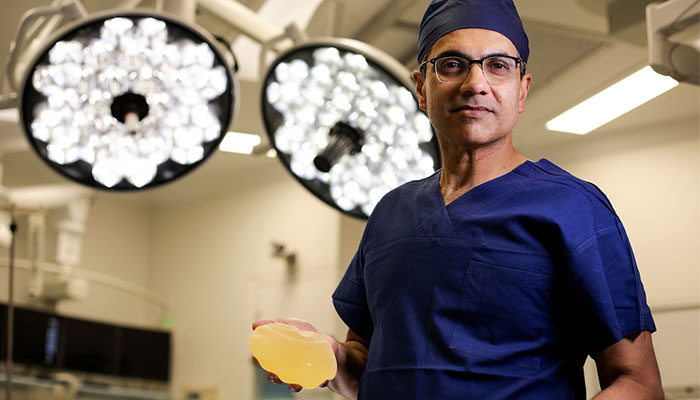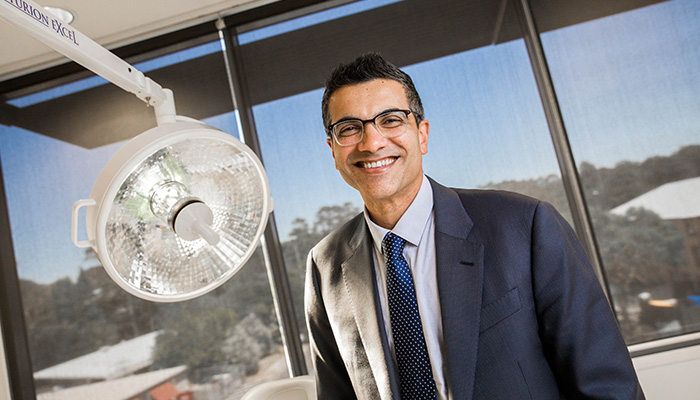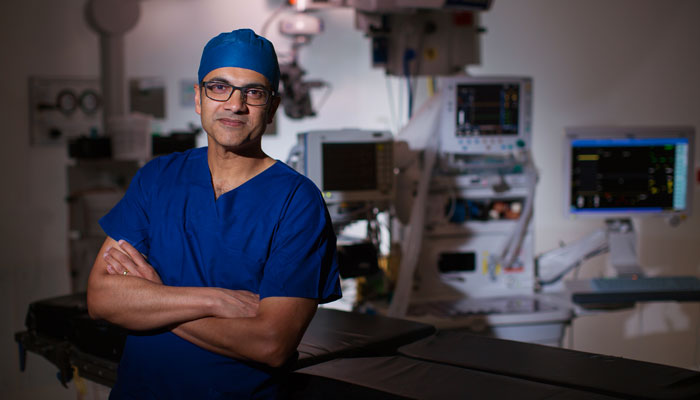Over the past 20 years as a cosmetic and plastic surgeon, I have asked thousands of women about why they want breast implants.
Most of my patients are women who have had children and experience a deep sense of loss about how their body used to look before child birth.
In particular, they’ve seen a change in the shape and volume of their breasts and want implants to return them to what they were before.
There’s only usually a vague mention about looking better for their spouses or partners but most often, it’s about boosting their self esteem. Many feel society is judging them.
Quest for perfect breasts
What worries me much more is the societal pressure much younger women face, even teenagers, to get implants so they can look a certain way.
This is further amplified by ubiquitous images of what are perceived as ‘perfect’ breasts, complete with suggestive poses, angles and overtly sexualised photographs.
Every time I do breast implant surgery, I ensure I have a long chat with the patient to triple check that this is something they really want to do.
I have two daughters and I see first-hand the pressure they face from social media about body image. This is especially negative for young women at a very vulnerable and impressionable time of their lives.
Some women I speak to also believe that getting implants will help them get a job or get a boyfriend. But I always emphasise that breast implants are just breast implants and they shouldn’t put too much faith in them to change their lives.
Of course, sometimes breast implants can be life changing for trans people for example, who are moving from being a man to a woman. I have had a few people who have had this surgery and I understand that getting implants is an important step in their transition.
Also, of the 20,000 breast implants performed in Australia every year, about 30 per cent are reconstructions following mastectomies to treat breast cancer. But women who have had mastectomies may also have their breasts reconstructed using their own tissue instead of implants – so they don't face all the associated risks.
Eyes wide open
Every time I do breast implant surgery, I ensure I have a long chat with the patient to triple check that this is something they really want to do. I run through all the risks with them and get them to go away and think about it for a few months – it’s something they have to do with their eyes wide open.

Professor Anand Deva holds an implant. In regards to whether there is a safe implant, he says no medical device is devoid of risk, and eventually they will all fail. Photo credit: Michael Amendolia
The patient’s safety always comes first. When you do elective surgery on a healthy person, it’s important they understand that things can go wrong sometimes as well as the inherent risks directly linked to implants, such as implants flipping or leaking, a higher risk of implant related cancer and the rising reports of breast implant illness.
People often ask – is there a safe implant? Well no medical device is devoid of risk and eventually they will all fail. You can definitely make breast implants safer – by focusing on proper clinical assessment, the highest standards of clinical certification and technique and ensuring all women with implants are offered lifelong follow up.
- Fruit fly breakthrough puts killer mozzies on notice
- Please explain: why is NASA returning to the moon?
In addition, the health safety and standards of treatment should never be compromised by commercial drivers. Women should always give informed, educated consent and not be placed under any time pressure to make a decision to proceed with elective cosmetic surgery.
As surgeons, we need to be surgeons first and not salespeople. When things go wrong, it’s no surprise women feel betrayed. They suffer physically, emotionally and financially as the cost for revision surgery is added to the original cost of their primary procedure.
We can and should aim to do better.
Anand Deva is a Professor in the Department of Clinical Medicine at Macquarie University.


